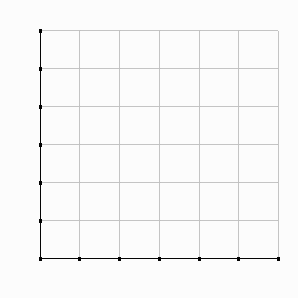| The Pimax Company is operated as a
profit-maximizing monopoly. Its total cost function is: TC = 294 + Q2 where TC = total cost in dollars, Q = output in units, and its (inverse) demand function is: P = 84 - 2.Q where P = price of output in dollars. |
|||
|
1. |
a. | (1) Profit-maximizing output:______ (2) Price:______ (3) Profits:______ (4) MC:______ (5) ATC:______
|
 |
| b. | Sketch Pimax's demand, marginal revenue, marginal cost and average total cost curves. Indicate in your diagram: (1) the efficient output level; (2) Pimax's profit-maximizing output level and profits; and (3) the welfare loss at Pimax's output level. (Note: draw MC carefully--don't just assume the usual shape for it.) | ||